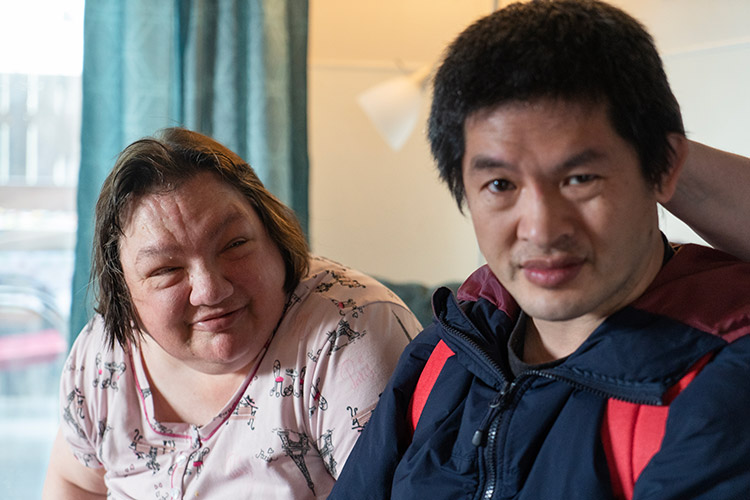Earlier in 2025, the federal government passed significant legislation that may shape the future of Medicaid services for years to come.
On July 4, 2025, President Trump signed into law H.R. 1, also known as the One Big Beautiful Bill Act (OBBBA), into law. This legislation introduces sweeping changes to the federal budget, including projected reductions to Medicaid funding over the next ten years.
While OBBBA does not directly target services for people with intellectual and developmental disabilities (IDD), the impact on our community could still be significant.
So what happens now?
In short, it’s too early to say exactly what the outcome will be. Federal funding reductions will place pressure on state governments to make difficult choices about how their Medicaid programs are structured and funded. Since state legislatures and governors determine eligibility rules, reimbursement rates, and program design, the specific effects of the OBBBA will vary widely. Some states may reduce funding for IDD services, while others may preserve or even strengthen them. Future political shifts could also impact how the law is implemented or whether parts of it are revised.
Key Provisions to Know
Here are a few major changes introduced by OBBBA and how they may affect the IDD community:
- Eligibility Redeterminations – starting December 31, 2026, OBBBA requires states to redetermine Medicaid eligibility every 12 months for people whose eligibility is based on disability or gross income, which should apply to the IDD community. States will have to develop these systems quickly. Existing state Medicaid eligibility systems are often clunky and difficult, causing coverage losses for people with IDD. There is a risk that this new more burdensome requirement will cause more people with IDD to lose Medicaid if state redetermination systems are complex or poorly administered.
- Work Requirements – many enrollees will have new work or education requirements that need to be verified to maintain Medicaid coverage. People with IDD should be exempt from these requirements under OBBBA’s “medically frail” exception. Since work requirements are done by states, there is risk that some people with IDD may improperly be caught up in work requirement eligibility verifications.
- State Provider Taxes Limit – States use provider taxes to fund their state Medicaid share and to increase the federal share. OBBBA caps them at 3.5% by 2032. Of AbleLight states, California and Missouri have the highest IDD provider taxes, currently over 5.5%. They will have the greatest financial impact from this new limit. Other AbleLight states will be less effected: Minnesota has IDD provider taxes at 4.0%; and Oregon, Washington, Colorado, and Kansas either have no such taxes or are already below 3.5%
- ABLE Accounts Made Permanent – In a good outcome for the IDD community, OBBBA made ABLE account laws permanent. The laws permitting ABLE accounts, which allow many people with IDD to save money above the poverty limit without losing Medicaid eligibility, were set to expire on January 1, 2026.
- Rural Health Transformation Fund – OBBBA dedicates $50 billion to developing rural health services. While not specifically done for IDD services, some participating states may use it to fund rural IDD services in 2026-2030.
What’s Next?
Over the next 10 years, each state will determine how it navigates OBBBA’s impacts and how they impact their state’s IDD community. That’s why advocacy remains essential.
At AbleLight, we are committed to monitoring these changes closely and advocating for policies that protect and advance the rights and well-being of people with developmental disabilities. We believe everyone deserves security, dignity, and hope, no matter what policy changes come.
To learn more about our advocacy work or how you can get involved, visit our Advocacy page.

